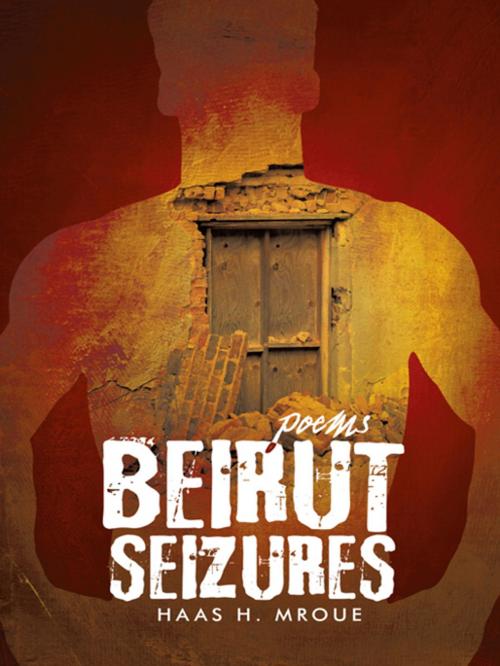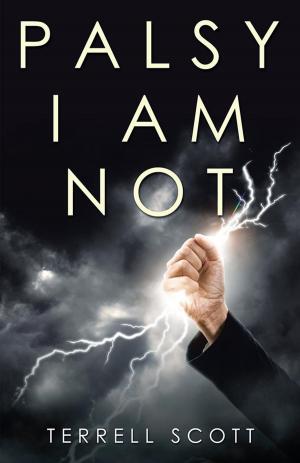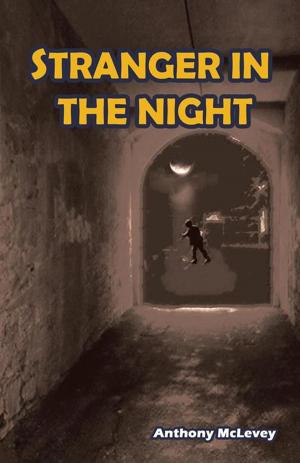| Author: | Haas H. Mroue | ISBN: | 9781462052707 |
| Publisher: | iUniverse | Publication: | January 4, 2012 |
| Imprint: | iUniverse | Language: | English |
| Author: | Haas H. Mroue |
| ISBN: | 9781462052707 |
| Publisher: | iUniverse |
| Publication: | January 4, 2012 |
| Imprint: | iUniverse |
| Language: | English |
On April 13, 1975, four Phalangists were murdered during the attempted assassination of Pierre Jumayyil. In a retaliation effort, the Phalangists attacked a bus filled with Palestinian passengers, killing twenty seven of the occupants. And so began a civil war in Lebanon that would last sixteen years and take more than one hundred thousand lives.
In his posthumous collection of poetry, Haas Mroue offers deeply moving lyrical verse that details his traumatic experiences as the chaos of the war in Lebanon engulfed his childhood, as well as the experiences of the some nine hundred thousand who were forced to flee their homes. Recalling how he helplessly witnessed rockets flying over rooftops and listened for names of the dead on the radio, Haas relies on strong imagery as he shares how he lived through a war with no name and somehow managed to escape Beirut with nothing but his memories.
Originally written some twenty years after he fled the war, the poetry in Beirut Seizures carefully examines difficult subjects and politically charged ideas with grace, emotion, and a strong voice, making it a powerful statement about the impact of war on ordinary people.
On April 13, 1975, four Phalangists were murdered during the attempted assassination of Pierre Jumayyil. In a retaliation effort, the Phalangists attacked a bus filled with Palestinian passengers, killing twenty seven of the occupants. And so began a civil war in Lebanon that would last sixteen years and take more than one hundred thousand lives.
In his posthumous collection of poetry, Haas Mroue offers deeply moving lyrical verse that details his traumatic experiences as the chaos of the war in Lebanon engulfed his childhood, as well as the experiences of the some nine hundred thousand who were forced to flee their homes. Recalling how he helplessly witnessed rockets flying over rooftops and listened for names of the dead on the radio, Haas relies on strong imagery as he shares how he lived through a war with no name and somehow managed to escape Beirut with nothing but his memories.
Originally written some twenty years after he fled the war, the poetry in Beirut Seizures carefully examines difficult subjects and politically charged ideas with grace, emotion, and a strong voice, making it a powerful statement about the impact of war on ordinary people.















